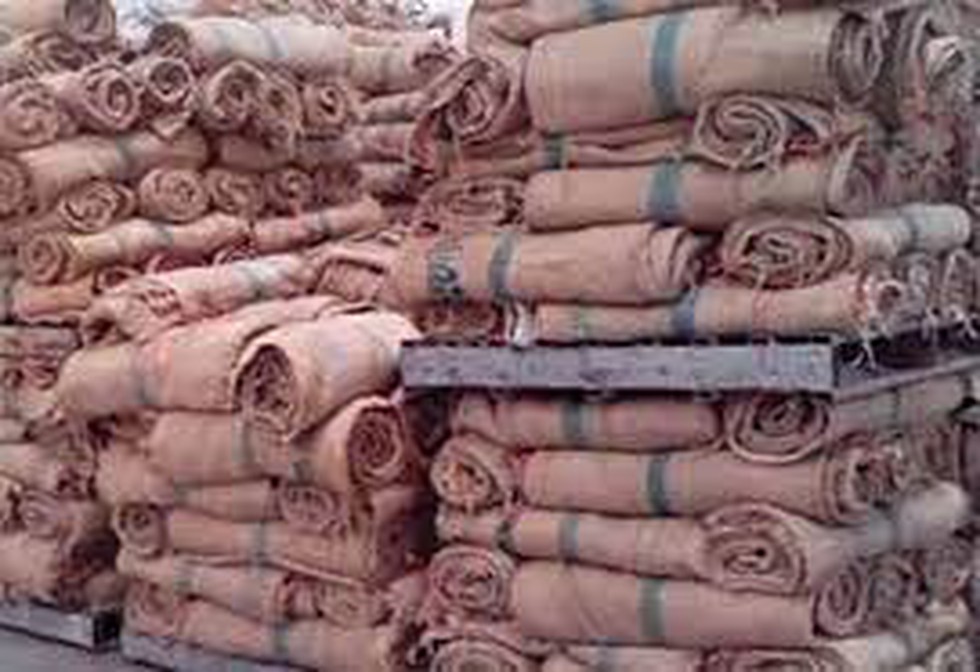About Jute Packaging Act, 1987:
- The reservation norms under JPM Act provide for direct employment to 3.70 lakh workers and protect the interest of approximately 40 lakh farm families in the jute sector.
- It protects the interest of Jute farmers, workers and persons engaged in jute goods’ production
- The Mandatory norms for full reservation for packaging of food grains and 20% reservation for packaging of sugar in jute bags will be a big boost for West Bengal.
Key facts about Jute
- Jute is one of the most important natural fibres after cotton in terms of cultivation and usage
- Climatic conditions required for its growth
- Temperature: Between 25-35°C
- Rainfall:Around 150-250 cm
- Soil Type: Well-drained alluvial soil.
- India is the largest producer of jute followed by Bangladesh and China.
- It is mainly grown in eastern India because of the rich alluvial soil of the Ganga-Brahmaputra delta.
- In India, major jute-producing states include West Bengal, Bihar, Odisha, Assam, Andhra Pradesh, Meghalaya and Tripura.
